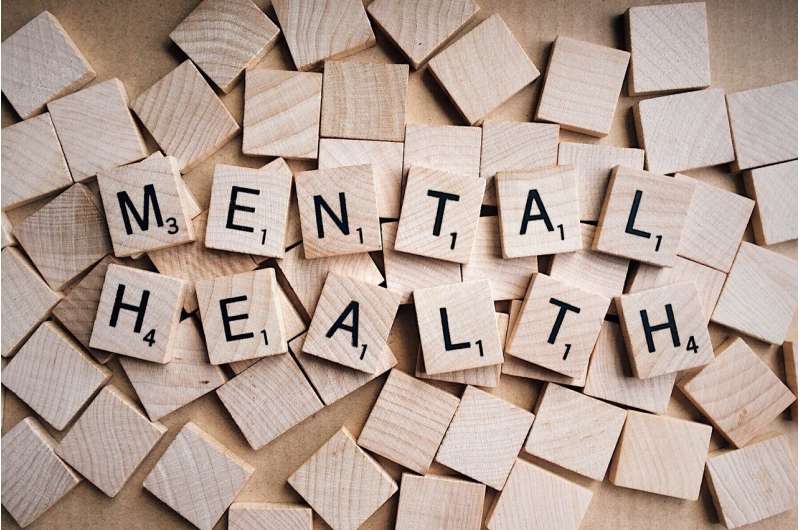Exploring the Impact of ASMR on Anxiety: What Science Says

Discover what science reveals about ASMR and its potential to reduce anxiety and promote relaxation through sensory stimuli and emotional response.
Most people have experienced a tingling or 'goosebumps' sensation at some point, often during moments of awe, excitement, or emotional extremes. Interestingly, some individuals experience similar sensations in response to specific sounds, which is the basis of a phenomenon known as Autonomous Sensory Meridian Response (ASMR). ASMR involves a reflexive tingling that begins on the scalp and neck and can induce feelings of euphoria and psychological calmness.
ASMR content, typically found in online videos, features sounds like whispering, tapping, and gentle brushing combined with role-playing scenarios that simulate personal attention, such as hair brushing or makeup application directed at the viewer. Many followers report that watching ASMR videos helps reduce their anxiety and improves sleep quality, though scientific evidence remains limited.
So, what exactly is ASMR? It is an involuntary response to certain stimuli, characterized by a tingling sensation that promotes relaxation. Some researchers equate it with 'frisson' or chills elicited by emotionally charged moments in media, which are associated with dopamine release in the brain's reward pathways. However, unlike fleeting chills, ASMR tends to produce a longer-lasting state of calm.
The triggers for ASMR are diverse and not universally effective. Common stimuli include whispering, tapping, and personal attention role plays. These videos often aim to evoke a sense of social or erotic connection, which may be a significant aspect of their appeal, though more research is needed to confirm this.
Not everyone responds to ASMR; estimates suggest only about 20% of the population experiences it. Factors influencing susceptibility include personality traits, age, emotional state, and openness to new experiences. Some studies suggest expectations and placebo effects might also influence whether individuals perceive benefits.
Scientific investigations into the neural and physical responses during ASMR have yielded mixed results. Some findings suggest both increased stress responses, like sweating, and relaxation indicators, such as lowered heart rate, can occur simultaneously. The social and potential erotic dimensions of ASMR videos might also play a role, but evidence is still emerging.
Currently, there are no clinical trials directly linking ASMR to therapeutic outcomes for anxiety or insomnia. Despite this, many in the ASMR community claim it aids relaxation and stress reduction. Given its non-invasive nature, enjoying ASMR content is generally considered safe. However, further research is required to determine whether it can be effectively integrated into clinical therapy for mental health conditions.
In conclusion, while ASMR shows promise as a relaxation tool, the scientific community continues to explore its mechanisms and potential applications. For now, it remains a popular self-help approach that may offer some relief for those who respond to its stimuli.
Stay Updated with Mia's Feed
Get the latest health & wellness insights delivered straight to your inbox.
Related Articles
Uncovering the Complex Roots of Disordered Eating in College Students
A new study uncovers the diverse and complex nature of disordered eating among college students, emphasizing personalized mental health support and interventions.
What Scientific Research Tells Us About Antidepressant Use in Children and Teens
Explore the latest scientific insights on the safety and effectiveness of antidepressants for children and teens, including treatment options, risks, and the importance of comprehensive care.
One-Third of US Public Schools Implement Mental Health Screening for Students
Nearly one-third of US public schools now require mental health screenings for students, providing early detection and treatment options for issues like depression and anxiety, according to recent research.



